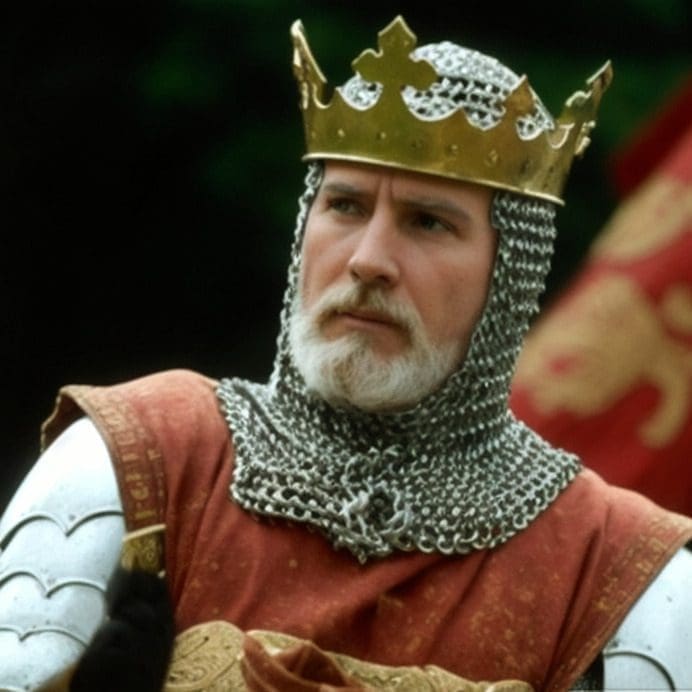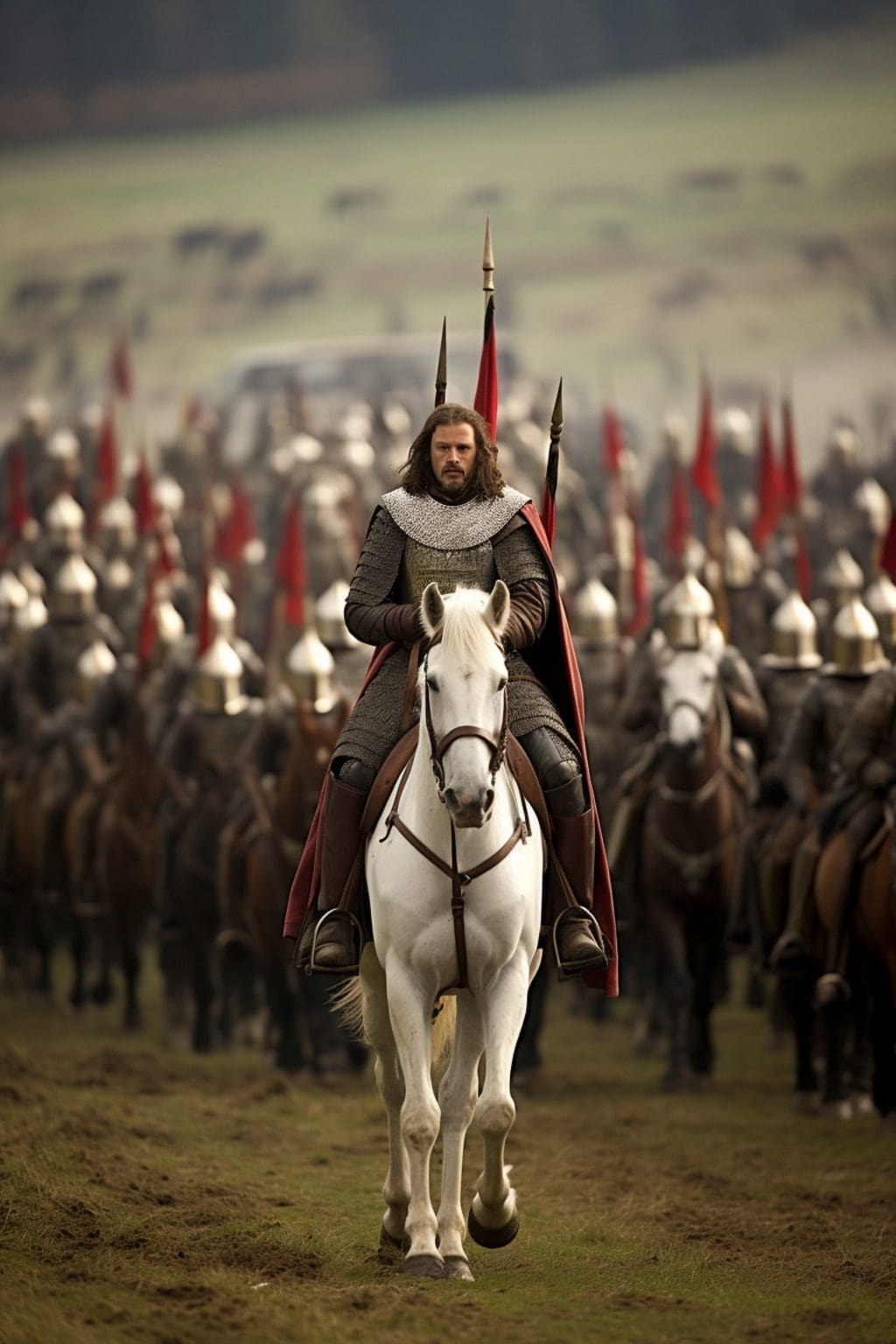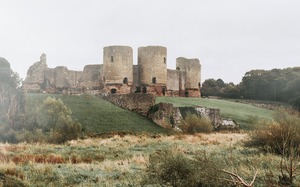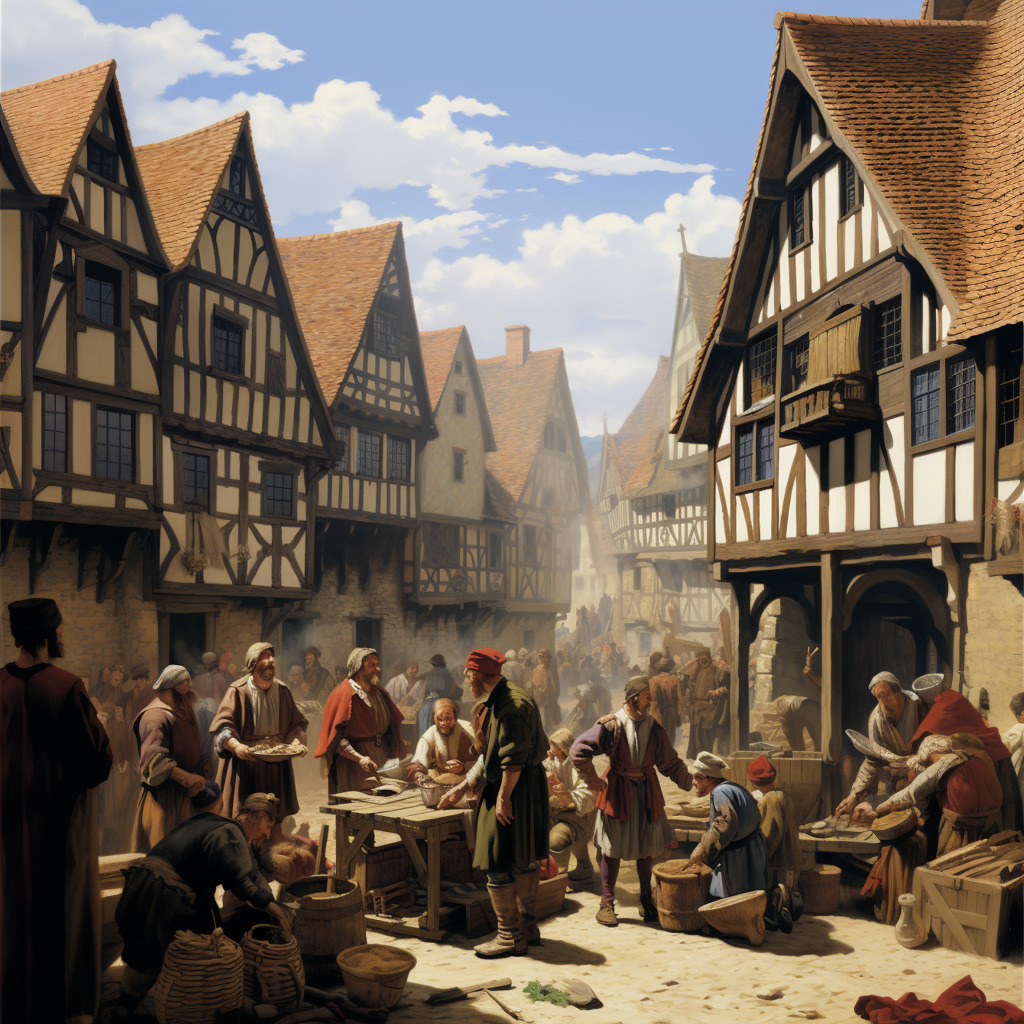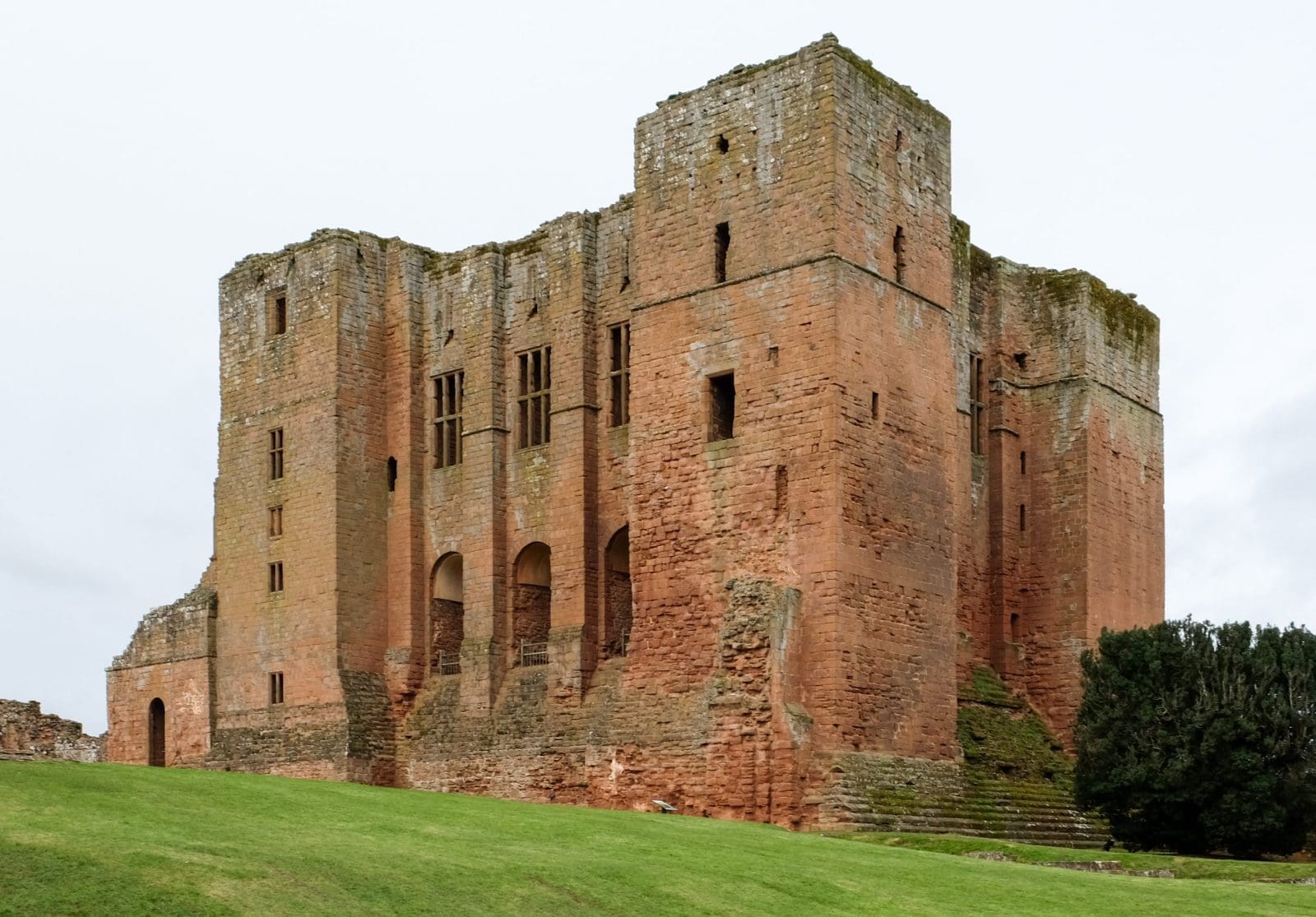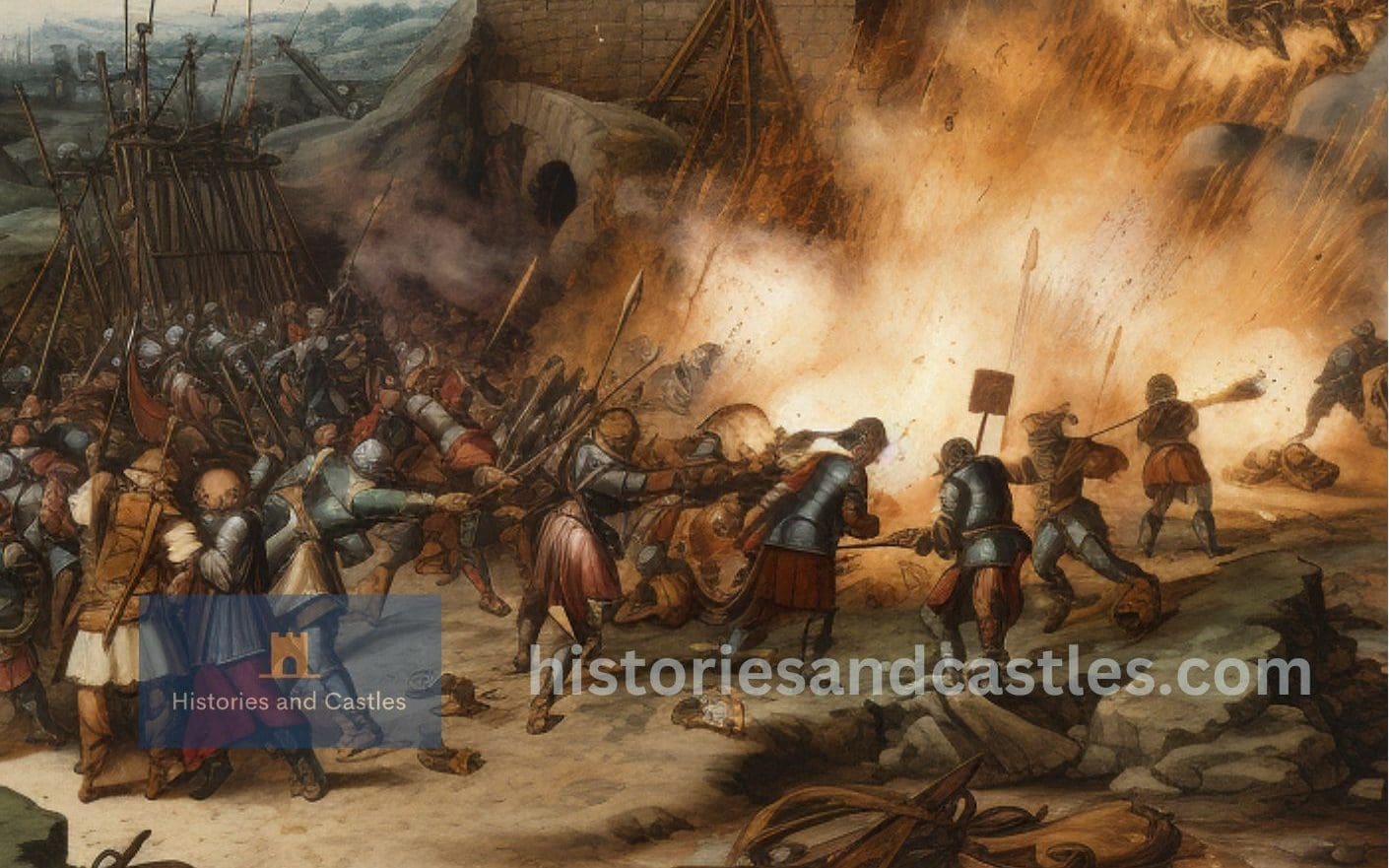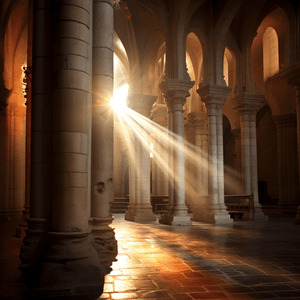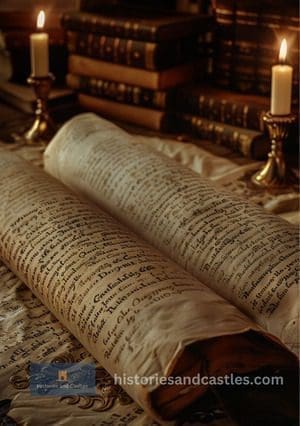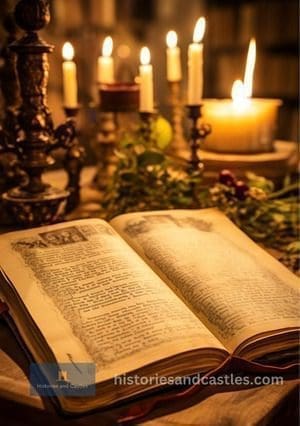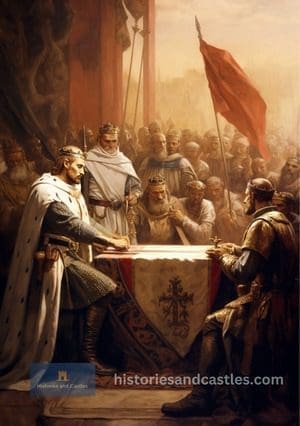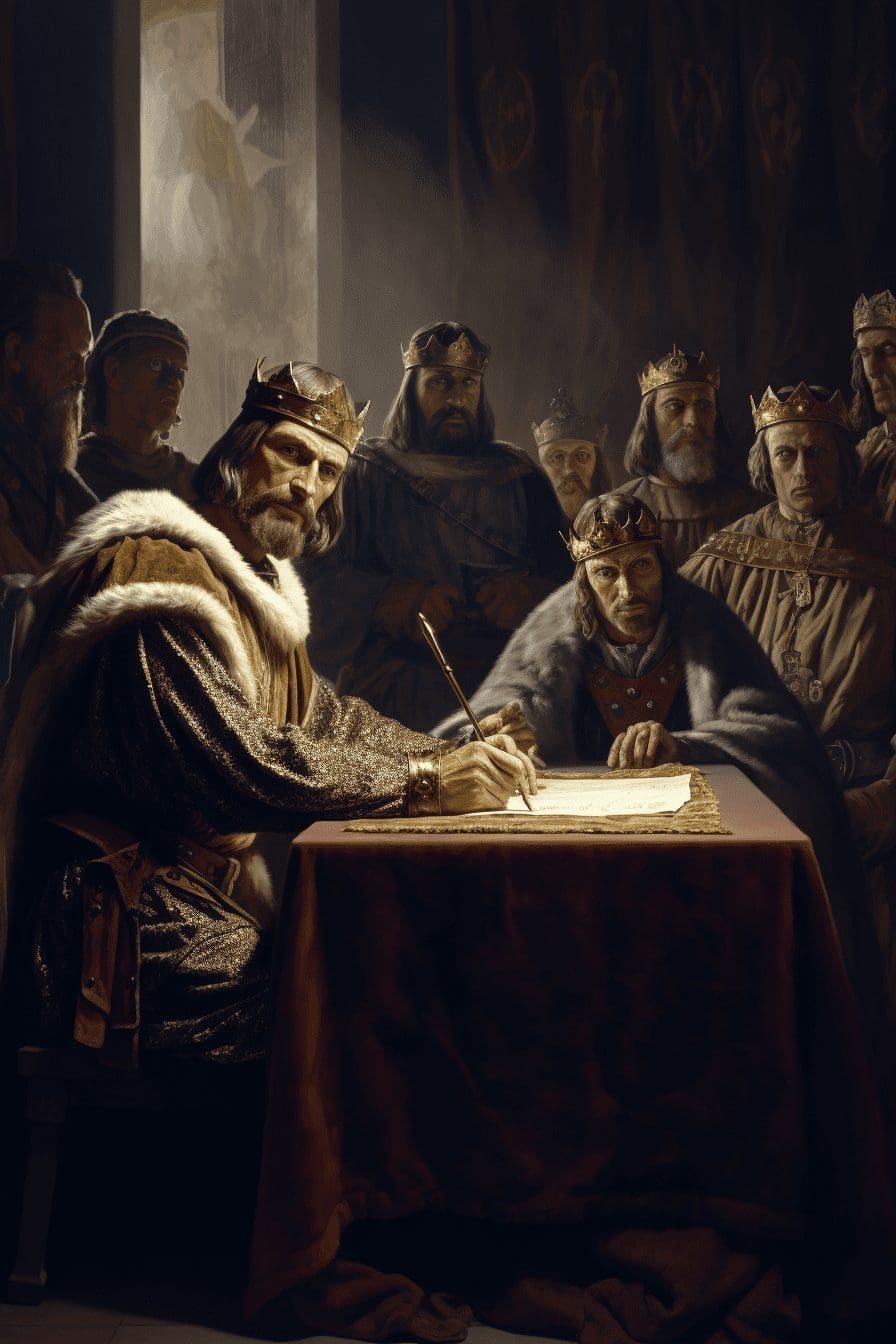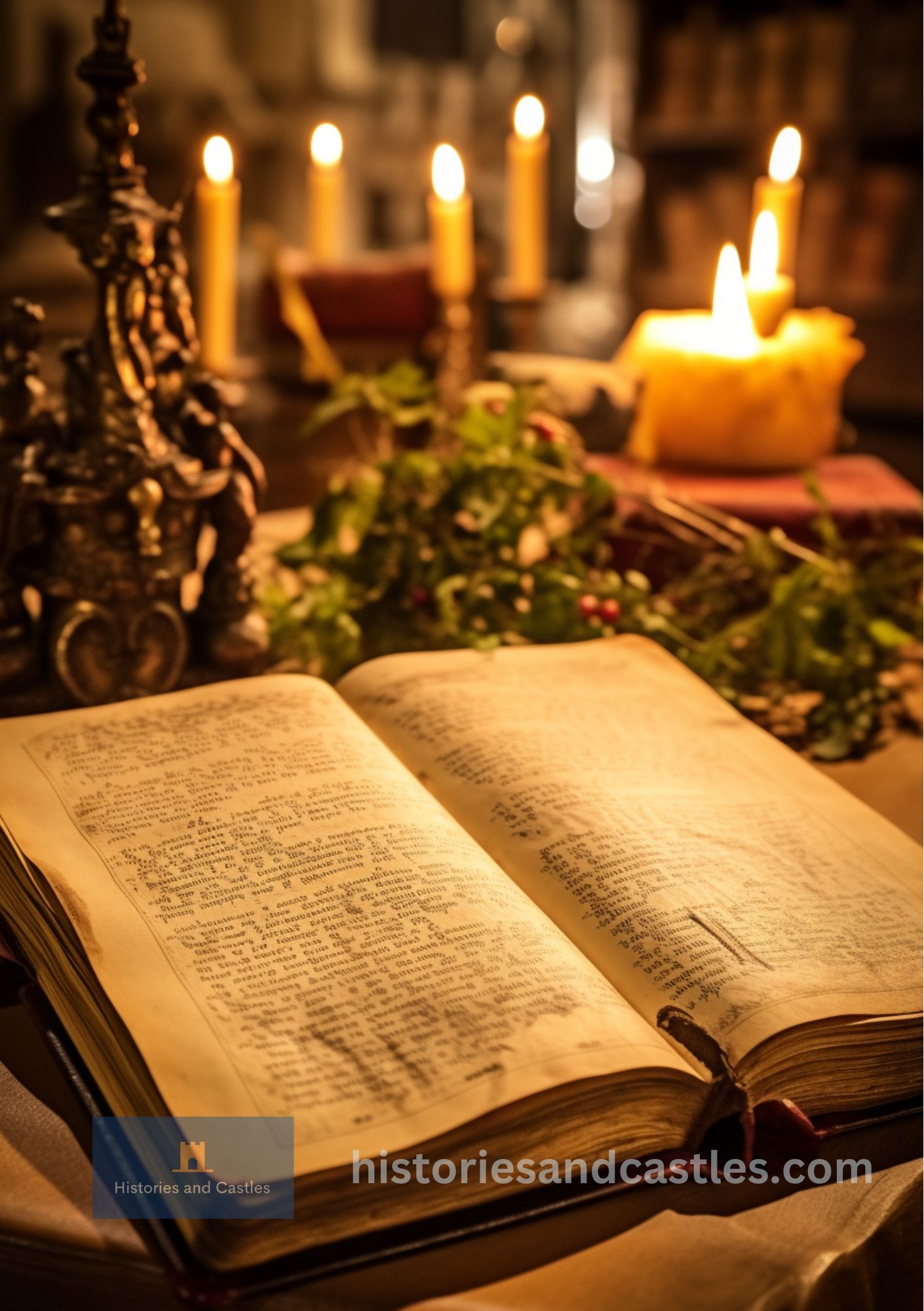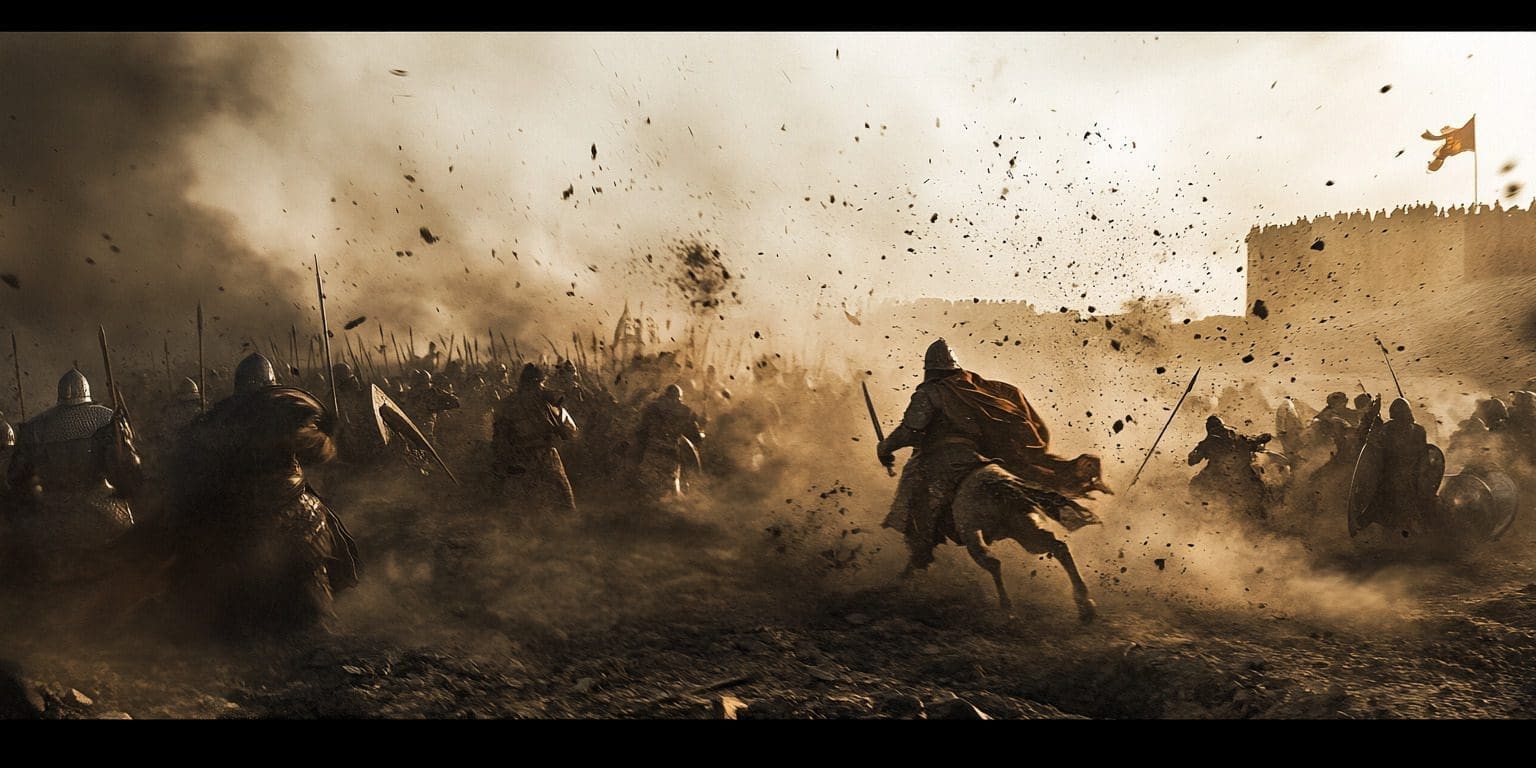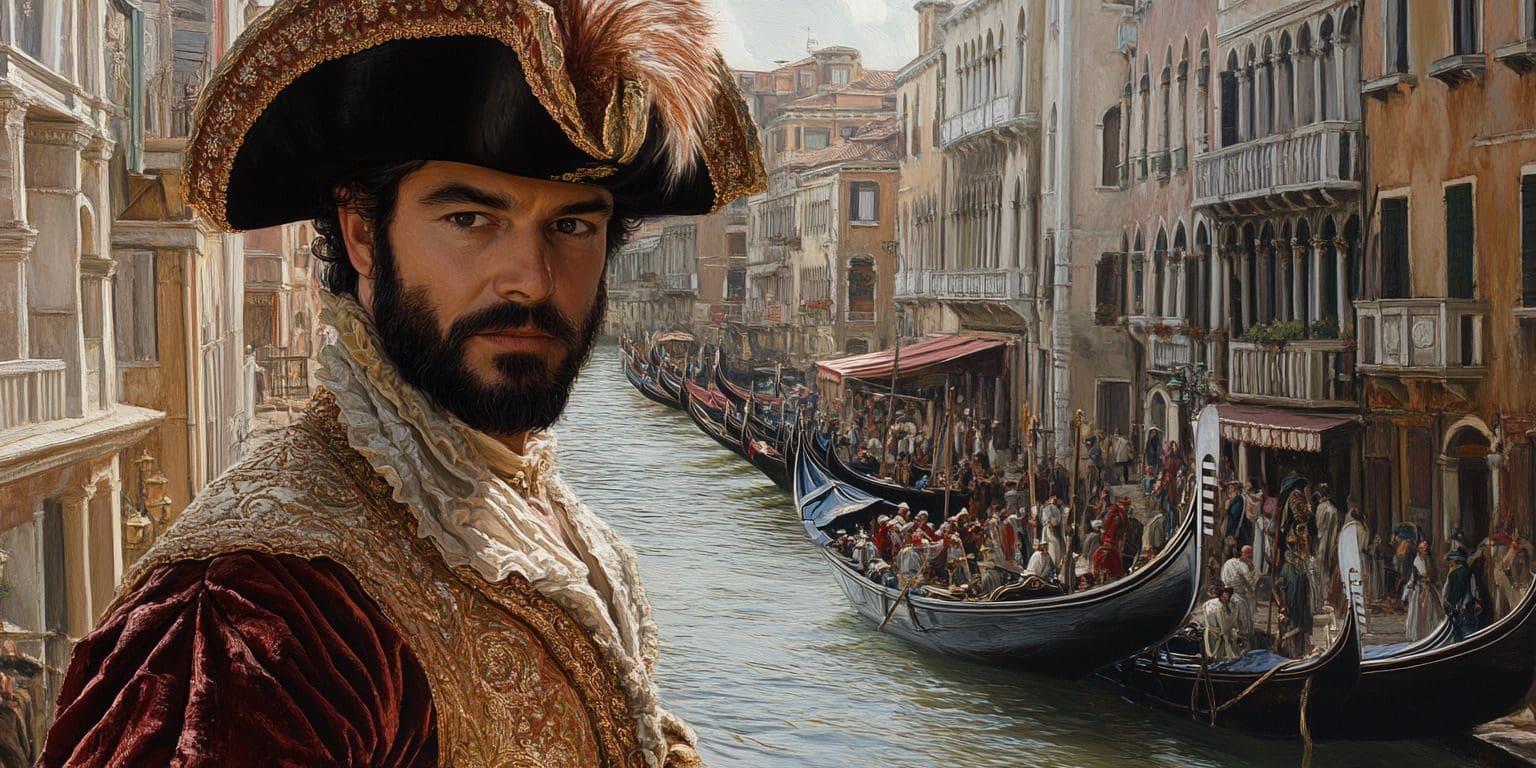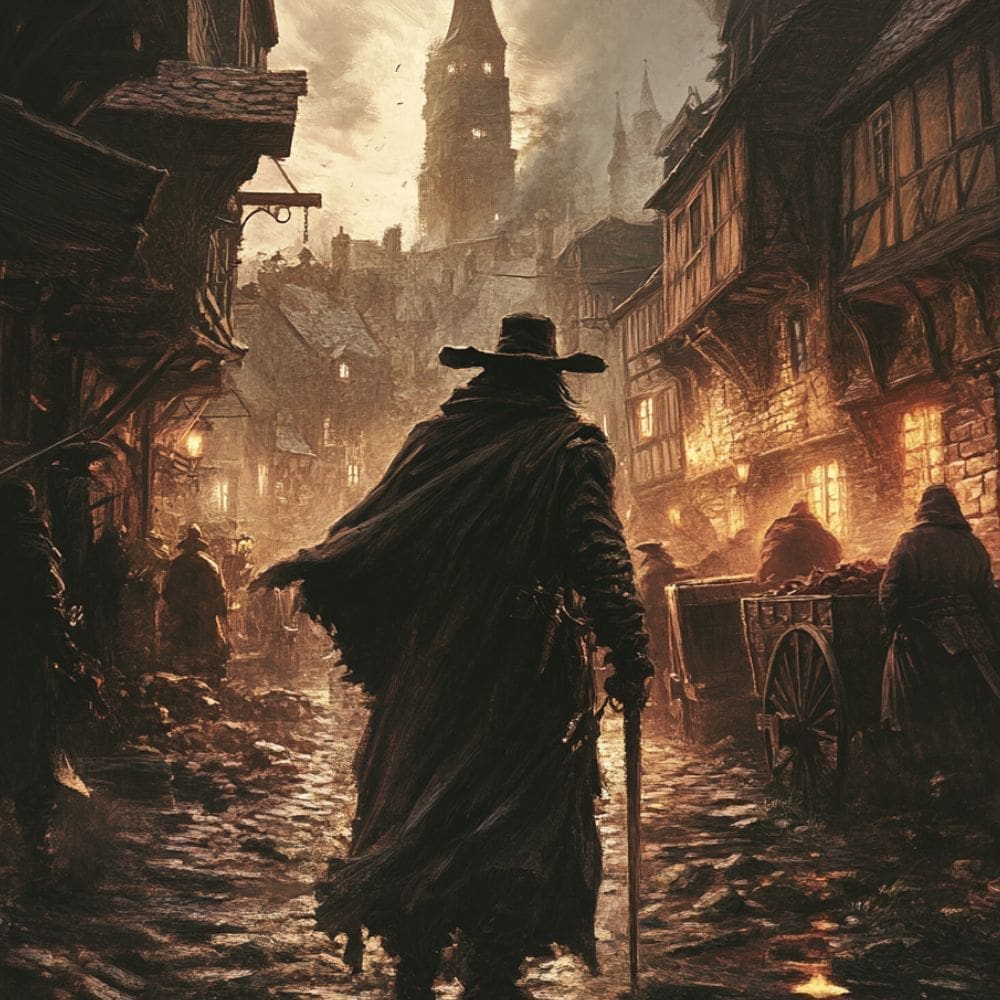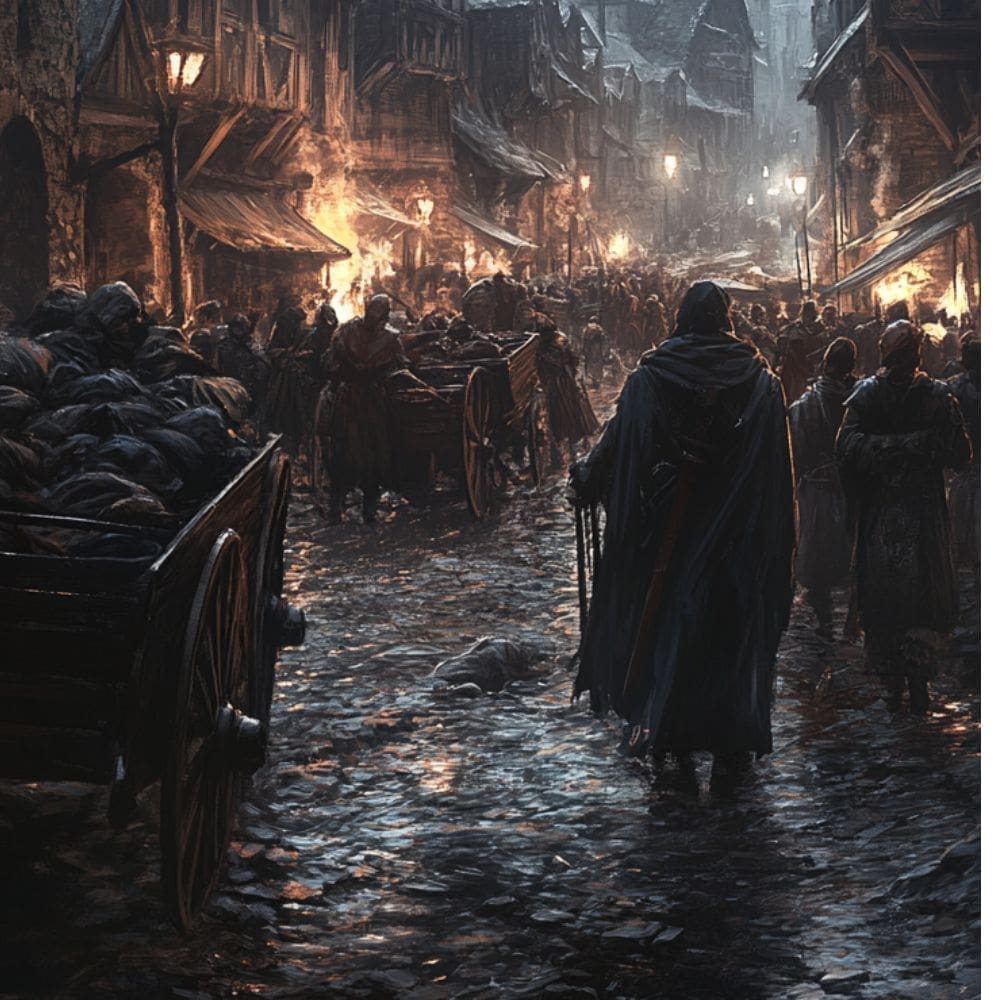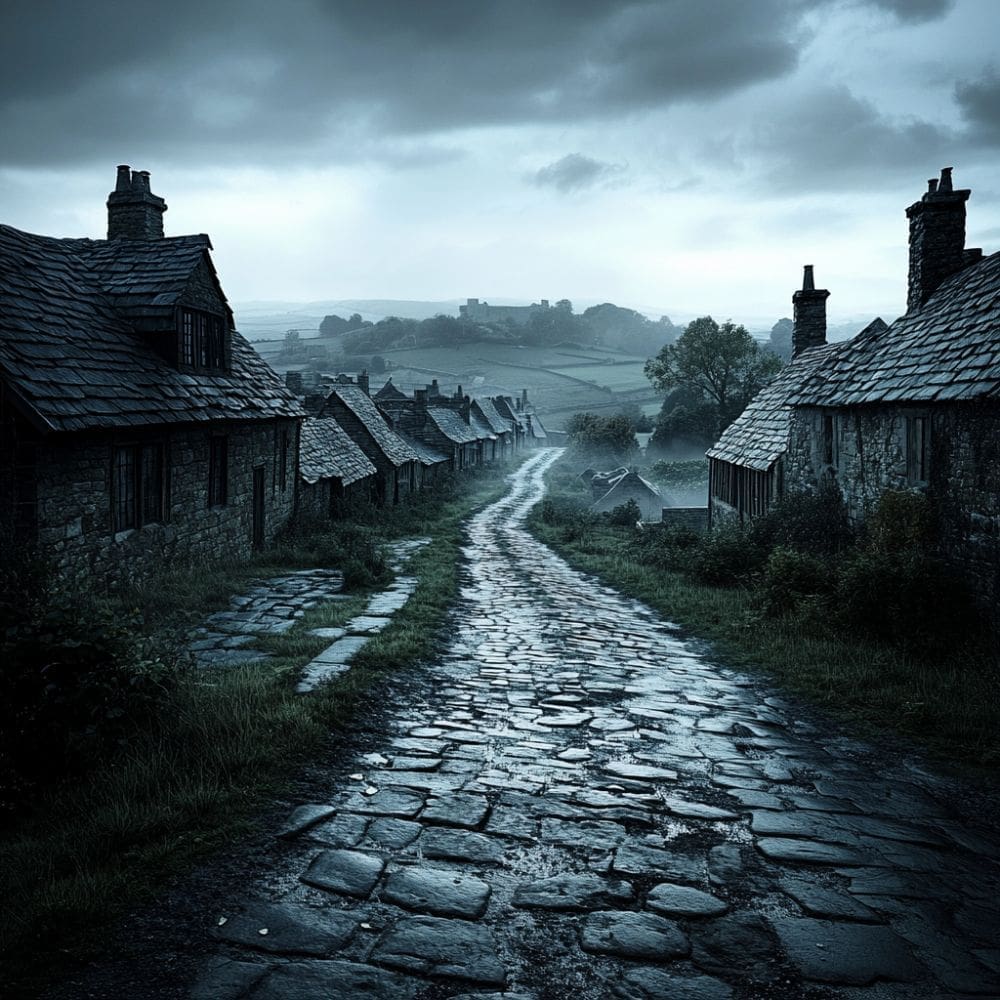Medieval History Comes Alive: Explore Britain’s Past
Table of contents
Step back in time and uncover the stories that shaped a kingdom.
Here at Histories and Castles, our history section dives deep into the drama, power struggles, beliefs, and everyday lives that defined medieval Britain. From the Norman Conquest to the Wars of the Roses, from the rise of the Plantagenets to the shadowy influence of the Knights Templar — we explore the moments and movements that echo through the centuries.
This is not dusty textbook history. This is the living, breathing past — told through real people, real places, and unforgettable tales.
What You’ll Discover:
- Major Events – The Crusades, medieval plagues, invasions, rebellions, and power shifts that changed the face of England and Wales.
- Royal Dynasties – Discover how the crowns of kings and queens were won, lost, and bloodily contested.
- Daily Life in the Middle Ages – What people ate, wore, believed in, and feared. From castle kitchens to village festivals.
- Knights Templar & Religious Orders – Uncover the truth and the myths behind these powerful and mysterious medieval forces.
- Castles & Battlefields – How war and architecture went hand in hand, shaping the landscape of power.
Why This Matters
History isn’t just about dates and kings — it’s about us. It’s about the echoes of the past we walk through every day, the ruins that still crown our hills, and the legends passed from one generation to the next.
Understanding history helps us understand who we are, where we come from, and how the stories of power, rebellion, love, and loss continue to shape our culture today.
The Statute of Rhuddlan: The Legal Union of Wales and England
Examines the 1284 statute that integrated Wales into the Kingdom of England post-King Edward I’s conquest.
-

Assessing the Significance of the Statute of Rhuddlan from a Welsh Perspective
The Statute of Rhuddlan, enacted in 1284, marked a crucial turning point in the history of Wales, forever altering its relationship with England. This legislative… …read on
-

The Path to The Statute of Rhuddlan
Whilst the Statute of Rhuddlan laid foundations for assimilation, cultural identity could not be so easily overwhelmed. …read on
-

The Significance of the Statute of Rhuddlan in Edward I’s Control Over Wales
This legislative framework, also known as the Statutes of Wales, played a vital role in establishing English dominance over Wales during the reign of Edward… …read on
-

The Statute of Rhuddlan: The Legal Union of Wales and England
The Statute of Rhuddlan, implemented in 1284, was a pivotal development that paved the way for the legal assimilation of Wales into the Kingdom of… …read on
-

Welsh Resistance After The Statute of Rhuddlan
The Statute of Rhuddlan in 1284 marked the conquest of Wales by Edward I, annexing it as a territory of England. However, Welsh resistance continued… …read on
The Anarchy Civil War in Medieval England
Discusses the 12th-century civil war in England triggered by a disputed royal succession, leading to two decades of conflict.
-

Castles of Conflict: Fortresses of the Anarchy Era in England
Civil war placed huge pressure on existing castle defenses and fuelled intense innovation in military architecture. …read on
-

Empress Matilda
Empress Matilda was the daughter of King Henry I and challenger to Stephen for the throne of England in 12th century. …read on
-

Stephen of Blois
The turmoil of Stephen’s contested reign demonstrated the strife that battles over succession in the Middle Ages could unleash when there was no undisputed and… …read on
-

The Anarchy Civil War in Medieval England
The Anarchy was a destructive civil war in 12th century England sparked by a disputed royal succession that plunged the country into nearly 20 years… …read on
-

The Church and the Crown: The Role of Religion in the Anarchy
The article will offer a detailed exploration of the role of religion in the Anarchy, with a specific focus on the Church’s power in Medieval… …read on
-

The Empress Matilda: A Pioneering Figure in Medieval Europe
Matilda’s story is one of resilience, intelligence, and determination, which ultimately left a lasting impact on the history of England. …read on
The Hundred Rolls
This section explores The Hundred Rolls- a series of surveys commissioned by King Edward I of England between 1274 and 1275. They aimed to collect detailed information on landholdings, rights, and privileges throughout England. The surveys served as a follow-up to the Domesday Book and were intended to address abuses of power by local officials, ensure proper taxation, and establish clear records of land ownership and feudal obligations. The collected data helped the crown in administrative and legal matters.
-

The Hundred Rolls: A Landmark in Medieval English Administration
The Hundred Rolls were initiated in 1274 as part of Edward I’s broader strategy to assert control over his kingdom and ensure justice. …read on
-

The Hundred Rolls: Unveiling Corruption in Medieval England
The Hundred Rolls was a comprehensive survey designed to expose corruption and inefficiencies among local officials. …read on
-

The Significance of the Hundred Rolls and the Statutes of Westminster
The Hundred Rolls were a comprehensive survey ordered by Edward I in 1274. This survey aimed to investigate abuses of power by local officials and… …read on
The Statutes of Westminster
The Statutes of Westminster refer to a series of legislative acts passed by King Edward I in England. They aimed to address various aspects of governance, justice, and property law.
- First Statute of Westminster (1275): Established numerous legal reforms and clarified existing laws.
- Second Statute of Westminster (1285): Introduced important changes in inheritance law and the administration of justice.
- Third Statute of Westminster (1290): Known for the “Quia Emptores” clause, it regulated land transactions and prevented the subinfeudation of estates.
-

The Significance of the Hundred Rolls and the Statutes of Westminster
The Hundred Rolls were a comprehensive survey ordered by Edward I in 1274. This survey aimed to investigate abuses of power by local officials and… …read on
-

The Statute of Westminster I: A Cornerstone of Medieval English Law
The Statute of Westminster I was comprehensive, covering various aspects of law and governance and part of King Edward I’s broader strategy to strengthen royal… …read on
-

The Statute of Westminster II: Transforming Medieval English Law
The Statute of Westminster II, enacted in 1285, was a pivotal piece of legislation during the reign of Edward I of England. Known for its… …read on
-

The Statute of Westminster III: A Milestone in Medieval English Law
The Statute of Westminster III, enacted in 1290, is a cornerstone of English legal history, often referred to as “Quia Emptores.” This statute played a… …read on
The Crusades
The Crusades were a series of religious and military campaigns primarily aimed at reclaiming Jerusalem and other holy sites from Muslim control.
-

The Battle of Arsuf
The Battle of Arsuf in 1191 stands as a key moment in the Third Crusade, where the forces of Christendom, led by Richard the Lionheart,… …read on
-

The Crusades
The Crusades were viewed as a defensive war, a necessary response to the encroachment of Muslim forces into Christian territories. …read on
-

The Crusades: A Complex Legacy of Conflict and Change
The cultural, economic, and intellectual impacts of the Crusades helped to transform European society. …read on
-

The Fourth Crusade and the Sack of Constantinople
The Fourth Crusade (1202-1204) and the Sack of Constantinople in 1204 stand as defining moments in medieval history …read on
-

The History of the Crusades
The Crusades were a series of religious wars initiated by the Christian powers of Europe between the 11th and 13th centuries. …read on
-

The Impact of the Crusades on Mediterranean Trade and Commerce
The Crusades did more than wage war; they reopened Mediterranean trade routes and transformed European commerce. Italian city-states expanded their influence, luxury goods flowed westward,… …read on
The Black Death
The Black Death, one of the deadliest pandemics in human history, swept across Europe between 1347 and 1351.
-

Origins of the Black Death: How the Plague Changed Medieval England
The Black Death, originating in Central Asia around the 1330s, spread to Europe via trade routes, notably the Silk Road. Reaching England in 1348 through… …read on
-

The Black Death in Medieval England
The Black Death, one of the deadliest pandemics in human history, swept through Medieval England in the mid-14th century. …read on
-

The Black Death: A Catalyst of Social and Economic Change in Medieval Europe
The Black Death, a devastating pandemic that swept through Europe in the 14th century, left profound scars on society and the economy. …read on
The Knights Templar
From their role in the Crusades to their castles across Britain, from sacred relics to secret rituals — discover the facts, the myths, and the enduring legacy of an order that refuses to be forgotten.
-

Inside the Life of a Templar Knight: Daily Rituals and Rules
The life of a Templar Knight was marked by strict discipline, prayer, and martial training. Each day began before dawn with prayer and communal silence.… …read on
-

Templar Castles in Britain: Strongholds of a Vanished Order
The Knights Templar, formed in 1119, established crucial preceptories across Britain, supporting their Holy Land operations through agriculture and finance. Key sites include Temple Church,… …read on
-

Templars in the Crusades: Faith, Fury, and Fortresses
The Knights Templar, formed in 1119, arose during the Crusades to protect Christian pilgrims in the Holy Land. They combined monastic life with military prowess,… …read on
-

The Fall of the Templars: Trials, Torture and the Friday the 13th Curse
The downfall of the Knights Templar, initially noble crusaders, marked a significant moment in medieval history entwined with betrayal and superstition. Arrested on Friday, October… …read on
-

Who Were the Knights Templar?
The Knights Templar, founded in the 12th century to protect pilgrims, rose to power through military might and banking. Their downfall began in the 14th… …read on

